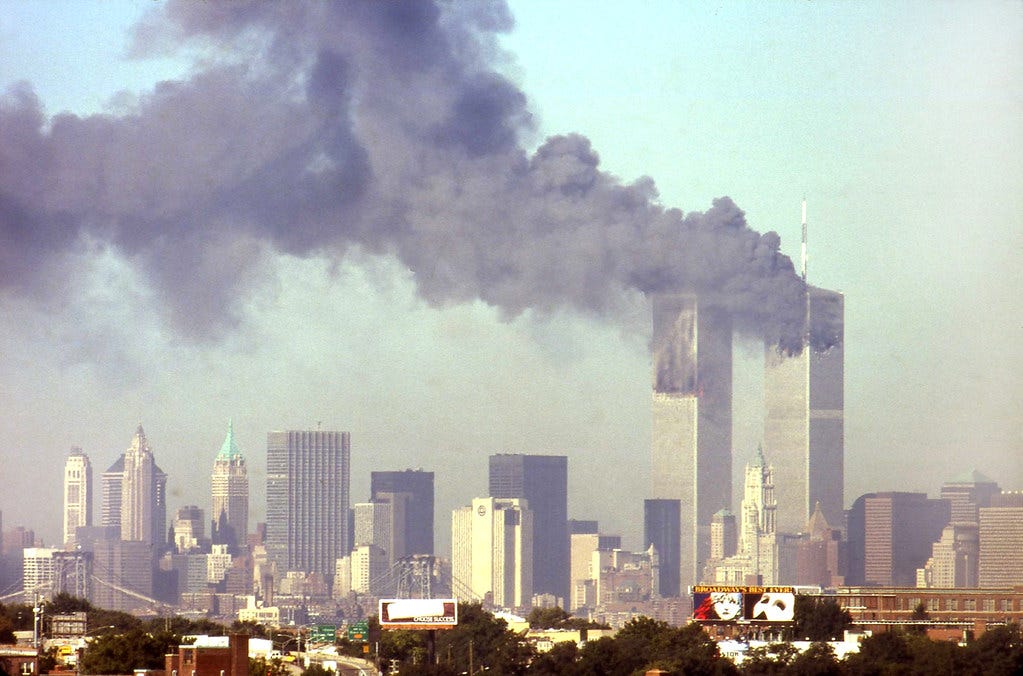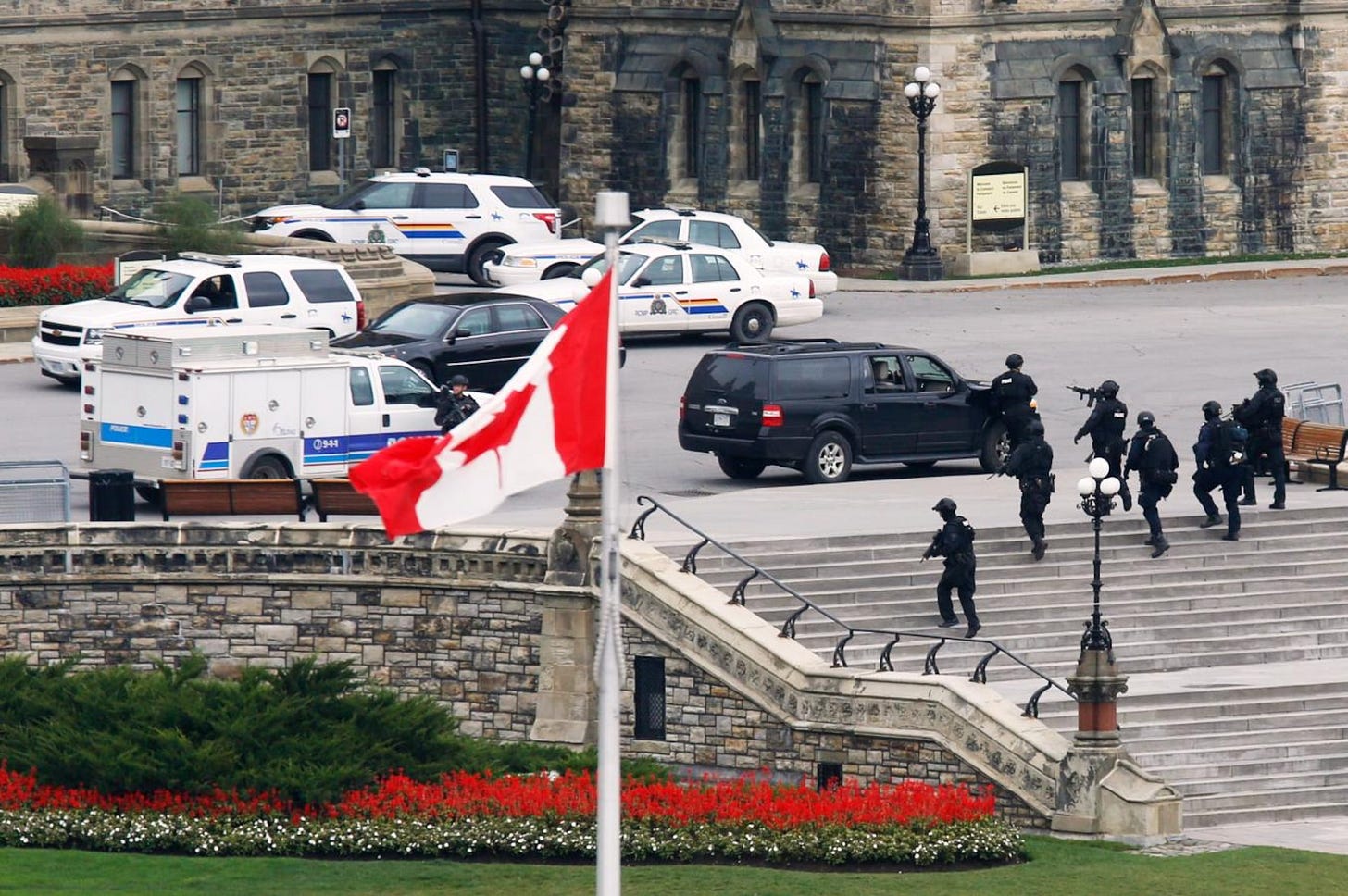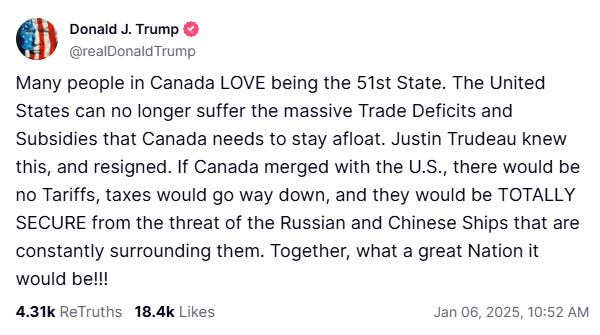"The goals of the Trump insurgency is not just to alter and co-opt the national dialogue but to dismantle the framework of government and the Constitution itself. They openly advocate the destruction of America's diversity, multiculturalism, and equality."
— Malcolm Nance, They Want to Kill Americans
Everyone remembers where they were when the planes hit the twin towers. It was a horrifying moment of mass violence in the heart of a beautiful city. The world was changed forever.
Like so many others, I was glued to the news screens.
I swallowed the endless array of media theories, analyses, and personal interest stories. But years after the tragedy, I listened to a radio documentary that posed a question I had never considered:
Why did so many in the second tower carry on working after witnessing the explosion in the first tower?
The documentary wasn't solely about 9/11. It was an investigation into how people respond in moments of crisis. As part of this, they presented the story of people in the second tower.
The documentary focused on one woman who witnessed the first plane hitting the north tower. People on her floor screamed in horror. They were stunned. She immediately packed her bag and headed for the stairs. Colleagues told her not to overreact — they opted to stay at their desks and carry on. In the chaos, others headed down into the stairwells but then turned around and returned to work. But she felt it was essential to do something.
She was the only survivor from her floor.
As I researched this story further, I learned of a group of bankers who left the 79th floor. When they reached the 48th floor, they heard an announcement: everything was under control. All but one person got onto the elevators and returned to their desks.
Two minutes later, the second plane hit. They were gone.
Crisis Thinking
When contemplating what we would do in a moment of existential threat, we like to think that we will act. That we will seize whatever opportunity is available.
Fight or flight.
But there is an even more powerful tendency that takes hold — we go numb.
We tell ourselves that things are not as bad as we think. We hope for the best. When our world is shaken up, there is a tendency to wait for someone to come along who will tell us what needs to be done. And if that person doesn't come, we reassure ourselves that the crisis is temporary and that everything will return to normal.
That denial blinds us to the real danger.
There are many stories of Jews in Europe who did whatever they could to get out from the approaching Nazi storm while relatives and neighbours assured them the situation would stabilize. That life would return to normal.
Like the people in the second tower, those who waited did not get out in time.
Lessons Learned
On the morning of the 2014 shooting, I was in Parliament.
It was a regular Wednesday. I was with many colleagues and staff when multiple shots rang out in the main hallway. In those first moments, none of us knew what was happening. Conflicting reports suggested there were teams of terrorists converging on Ottawa's downtown.
Like the confusing media reports, the handling of the evacuation was chaotic. Some people around me panicked, but many others just … froze. We were disoriented and in shock. Unable to process what was happening.
Amid the chaos, I suddenly remembered the documentary. I realized that I needed to take stock and carefully assess the situation. I was determined to be as methodical as I could be with the decisions I made.
Fortunately, this wasn't a mass shooting event, and there was only one gunman. But I never forgot the importance of being super focused during a time of unprecedented crisis.
November 5, 2024
Since Trump’s re-election, I keep thinking of the Second Tower Principle.
I recognize that there is no comparison between election night and the massive heartache and loss of life of 9/11. But the re-election of a convicted felon and a man who fanned the flames of violent insurgency represented a historic moment when the world changed.
Like 9/11, there is no return to normal.
Some might agree that election night was the moment when we watched the first tower of democracy crumble. Or do we need to go further back to identify the moment of upheaval?
To the 30,000 documented lies Trump made in his first presidency?
To when he began to use openly Nazi language in deriding immigrants as poison in the blood of America?
To when he said the Neo-Nazi extremists who caused the violent mayhem in Charlottesville were "very nice people"?
To his countless threats of vengeance against his political enemies?
For Canadians, maybe that first tower moment was when Donald Trump openly threatened our country. The response was nationwide shock and some panic. Many took stock of the threat and began to act immediately, launching the boycott and speaking out against the MAGA threat.
Where Are We Now?
Since election night, we have witnessed the Nazi salute on the inauguration platform. The public is getting used to the notion of people being kidnapped on the street. Trump has bragged about feeding people to alligators as he opened the first official concentration camp on American soil.
Whatever comes next doesn't look good.
But when I tune into the nightly political panels of our top pundits, I feel like the woman in the second tower. I want to shout out about the threat of gangster fascism on our unguarded border. However, the talking heads reassure viewers that "Trump is just being Trump" or that he is pulling stunts to secure a better trade deal.
And then they go back to parsing the political tea leaves of the small dramas on Parliament Hill.
It's like watching the Democrats, who are still talking about playing the long game and focusing on the midterms as democracy is kicked to the curb all around them.
Perhaps political pundits don't take Trump seriously because he seems more buffoon than strongman. While they are willing to run after his daily statements of outrage and provocation, they rarely seem to consider how the circus act is part of the larger assault on the rule of law.
The Beet As Carrot Trick
It’s a distraction tactic perfected by Venezuelan president Hugo Chávez.
In the article, "The Talented Mr. Chávez" that appeared in The Atlantic, author Franklin Foer explained how it worked:
“On his TV show, he might pick up a carrot and call it a beet. His opponents will begin laughing at him: 'What an idiot! He can't even distinguish a carrot from a beet.'
But after the show, I guarantee you that Chávez will be the one laughing.
He will think to himself, 'I can't believe I fooled them into talking about carrots and beets all week.’”
We look to our pundits and experts to differentiate the carrots from the beets in times of political uncertainty. We count on them to advise on what steps we should take. But with the rise of American fascism, our pundits, like us, don't have a clue. We are all in uncharted waters.
From speaking to people across this country, my feeling is that many ordinary Canadians sense the danger of the moment. I am not so sure about the pundit class.
Adorno and Horkheimer argued that it was the thinkers who were supposed to embody the principles of enlightenment but failed to recognize the imminent threat posed by the Nazis:
"One of the lessons of the Hitler period is the stupidity of cleverness... Clever people have always made things easy for barbarians, because they are so stupid. It is the well-informed, farsighted judgements, the prognoses based on statistics and experience, the observations which begin: 'I happen to be an expert in this field,' it is the well-founded, conclusive statements which are untrue. Hitler was against intellect and humanity. But there is also an intellect which is against humanity: it is distinguished by well-informed superiority."
Call me crazy. Call me hysterical, but I feel as if I am sitting in the second tower of democracy. I know that if I don't do something, then much worse could be on its way.
I am not the only one.
When historian Marci Shore was asked about the reasons that she and fellow fascism experts Jason Stanley and Timothy Snyder packed their bags and moved to Canada, she explained:
"The lesson of 1933 is: you get out sooner rather than later… My colleagues and friends were walking around and saying, 'We have checks and balances'… I thought, my God, we're like people on the Titanic saying, 'Our ship can't sink. We've got the best ship. We've got the strongest ship. We've got the biggest ship.' And what you know as a historian is that there is no such thing as a ship that can't sink."
Not everyone can move. Not everyone has a ticket to someplace safer.
Perhaps there is another way to frame the Second Tower Principle.
There is no sitting around and hoping for the best. It is about getting out of the tower and into the street. It is about being a first responder in the defence of democracy and the rule of law.
But unlike 9/11, the future remains unwritten. There is nothing inevitable about the second tower going down. It only falls if we let it.
I'll take those odds.




Charlie, I feel this is your most powerful piece of writing yet that clearly identifies why people are reacting the way they are now. Much food for thought and a powerful call to action. Thank you.
I don’t forget. I won’t forget. We can’t forget the lessons of history and how despots gain power and stay there.
Keep holding hands Canada. We need each other.